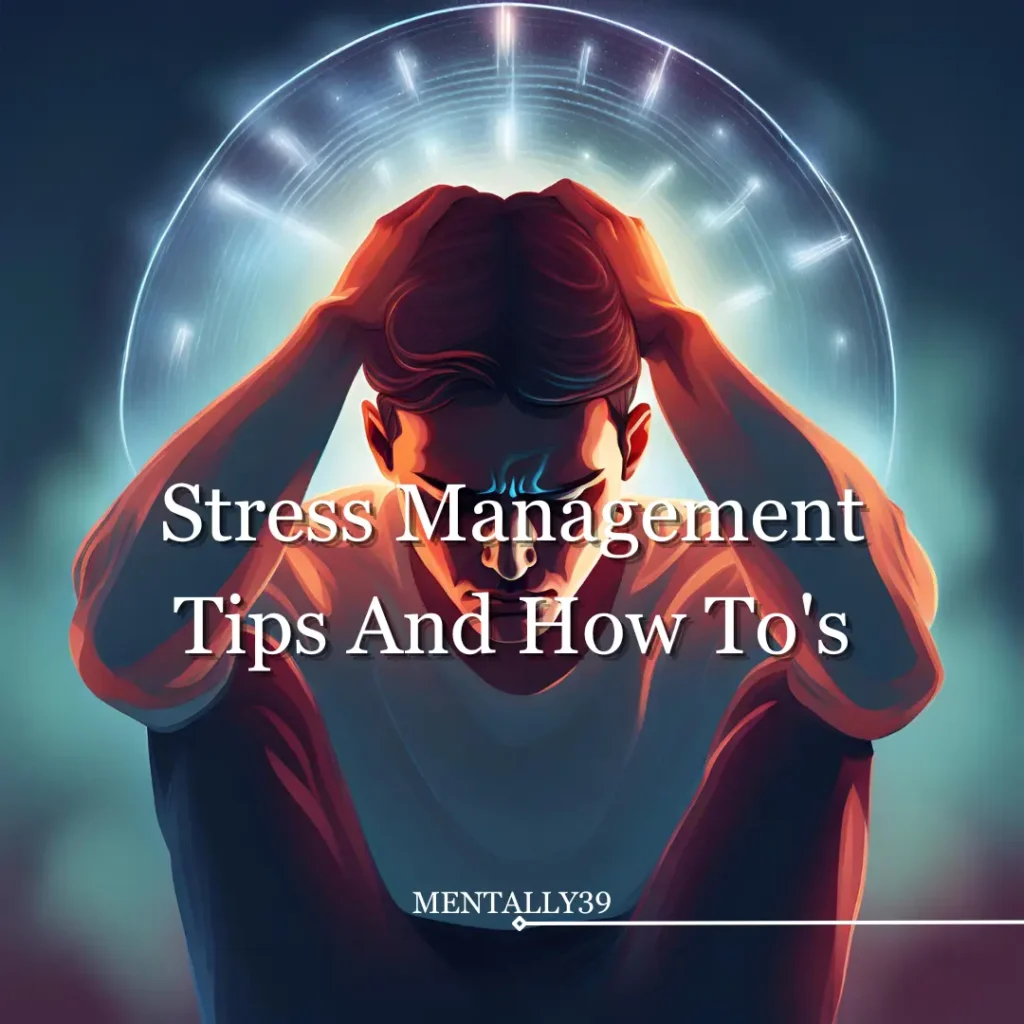Do you ever feel overwhelmed by stress? As if the weight of the world is on your shoulders, and you can’t seem to find any relief? We’ve all been there. Coping with stress is an inevitable part of life, but it doesn’t have to consume us. In fact, proven stress management techniques and strategies can help us manage our stress and find relief from its grip.
The truth is that stress can take a toll on our physical and mental well-being. It can cause a host of symptoms, from changes in appetite and energy levels to difficulty sleeping and concentrating. It can even worsen chronic health problems and lead us to rely on unhealthy substances for temporary relief.
But here’s the good news: there are healthy ways to cope with stress and regain control of our lives. Taking breaks from news consumption, engaging in self-care activities, staying physically active, and connecting with others are just a few examples of stress management techniques that can make a real difference.
So, are you ready to learn effective stress management tips and strategies that can help you find relief and regain control of your life? Let’s dive in and explore what works.
Key Takeaways:
- Stress can have a significant impact on our well-being, both physically and mentally.
- There are proven techniques and strategies to deal with stress.
- Taking breaks from news consumption, practicing self-care, and staying physically active can help manage stress levels.
- Connecting with others and seeking professional help are important aspects of managing stress effectively.
- Incorporating relaxation techniques like deep breathing and meditation can provide relief from stress.
Stress Management Healthy Ways to Cope
Stress management is important, period. Why? It’s important because we need to prioritize the well-being of both our physical and emotional health. Engaging in self-care practices can be instrumental in managing stress levels and promoting a sense of balance in our lives.
One key aspect of self-care is maintaining a healthy lifestyle. This includes nourishing our bodies with nutritious food, engaging in regular physical exercise, and prioritizing sufficient sleep. Taking care of our physical health we can enhance our resilience and better manage stress.
Another important component of stress management is avoiding excessive alcohol and substance use. While it may be tempting to turn to these substances for temporary relief, they can ultimately worsen stress and have negative impacts on both our mental and physical well-being.
Engaging in activities that bring us joy and fulfillment can also play a significant role in stress reduction. When we take breaks from news consumption and dedicate time to hobbies or interests, we allow ourselves to relax and recharge. These activities serve as outlets for creativity and expression, providing a necessary reprieve from the pressures of everyday life.
Relaxation techniques such as deep breathing, stretching, and meditation can help us calm our minds and relax our bodies. Adding these practices into our daily routines allows us to develop a sense of inner peace and calm, enabling us to better cope with stress.
Seeking emotional support is essential in times of stress. Talking to trusted individuals such as friends, family members, counselors, or doctors can provide comfort and guidance. Their understanding and empathy can offer valuable insights and perspectives, reassuring us that we are not alone in our experiences.
Additionally, connecting with community or faith-based organizations can foster a sense of belonging and support. These communities often serve as a source of strength and resilience, providing opportunities for meaningful connections and shared experiences.
Finally, it is essential to avoid unhealthy ways of coping with stress. Although smoking, overeating, and withdrawing from social activities might provide temporary relief, they do not tackle the root causes of stress and can harm our overall well-being.
Instead, let’s focus on growing healthy habits and coping strategies that promote long-term stress reduction and self-care. A simple but effective thing you can do is just to walk when you are stressed. Instead of having several drinks, go for a walk. Walking in a green space is even better; take the dog with you.
Strategies for Managing Long-Term Stress
Long-term stress can take a toll on our overall well-being, but there are strategies we can implement in our daily lives to manage it effectively. Identifying the sources of stress from external factors and our internal thoughts can help us gain awareness of triggers and patterns.
One valuable strategy is maintaining a positive attitude and accepting events beyond our control. By focusing on what we can change and being assertive in expressing our needs, we regain a sense of control that can help alleviate stress. Effective time management, setting clear boundaries, prioritizing tasks, and learning to say no when necessary are all crucial in preventing excessive stress.
Engaging in activities that bring us joy, connecting with loved ones, and seeking the support of professionals are essential ways to cope with long-term stress. Additionally, incorporating physical activity into our daily routine, eating a healthy diet, getting enough sleep, and practicing relaxation techniques such as yoga and meditation can significantly reduce long-term stress.
Remember, managing long-term stress is a continuous journey. We can cultivate resilience and lead a more balanced, fulfilling life by implementing these strategies and finding what works best for us.

20+ Years as a Special Education Teacher
NASM Certified Nutrition Coach,
Certified Trauma Informed Trainer
Mindset and Motivation Master Life Coach
